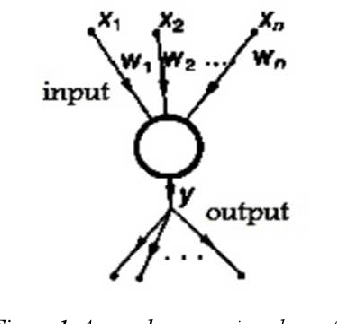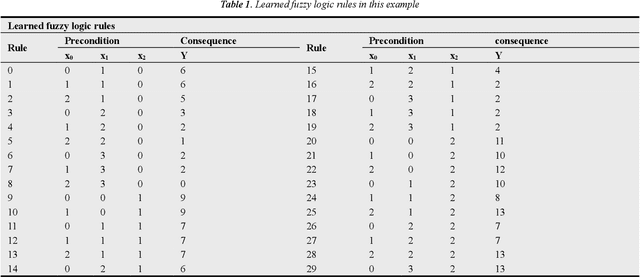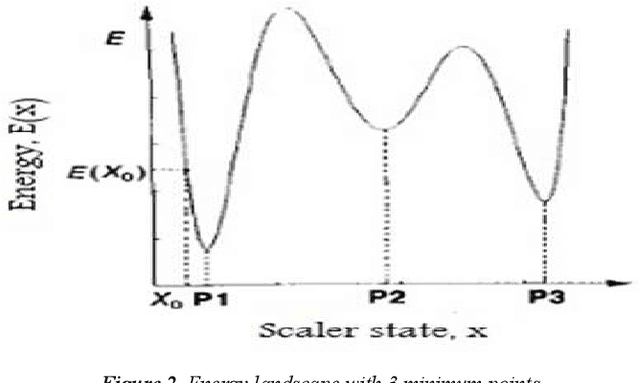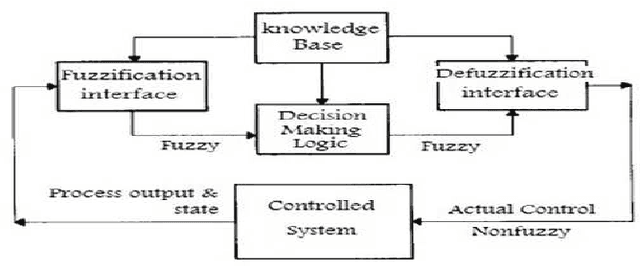A review of neuro-fuzzy systems based on intelligent control
Paper and Code
May 06, 2018



The system's ability to adapt and self-organize are two key factors when it comes to how well the system can survive the changes to the environment and the plant they work within. Intelligent control improves these two factors in controllers. Considering the increasing complexity of dynamic systems along with their need for feedback controls, using more complicated controls has become necessary and intelligent control can be a suitable response to this necessity. This paper briefly describes the structure of intelligent control and provides a review on fuzzy logic and neural networks which are some of the base methods for intelligent control. The different aspects of these two methods are then compared together and an example of a combined method is presented.
 Add to Chrome
Add to Chrome Add to Firefox
Add to Firefox Add to Edge
Add to Edge